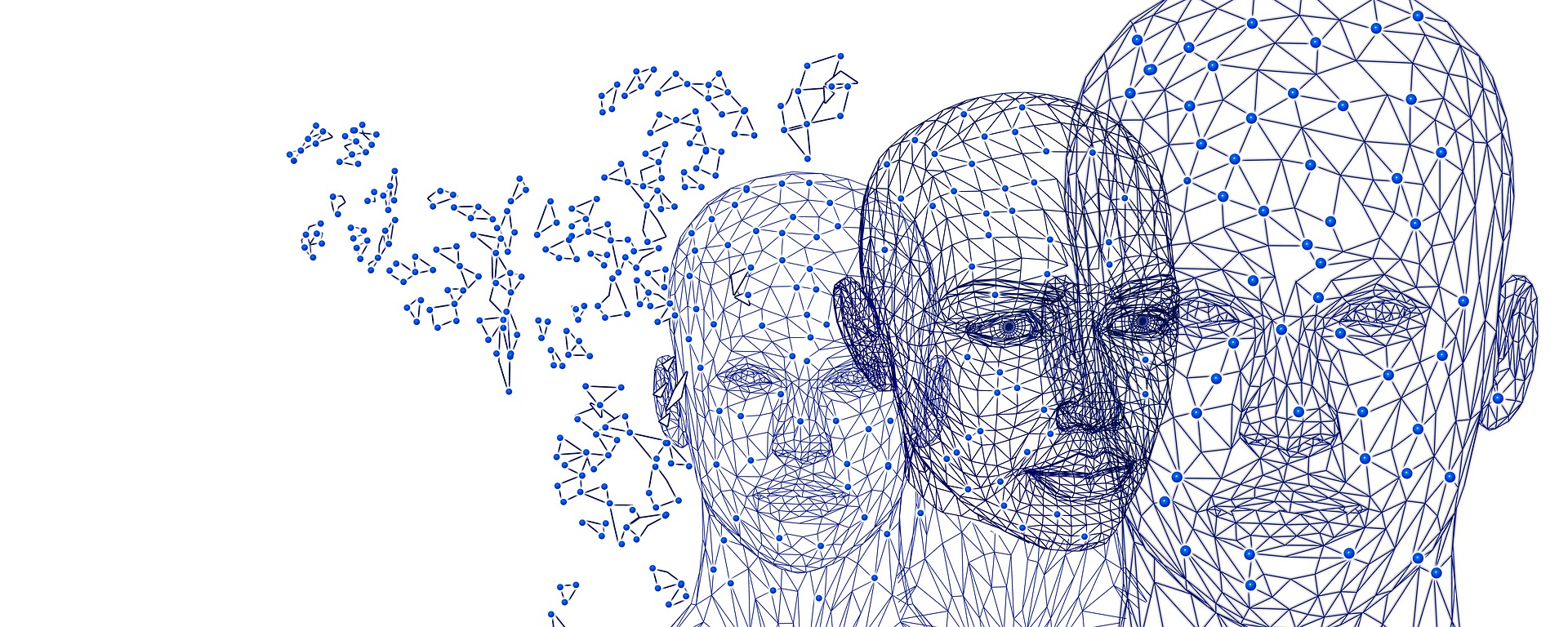- Víctor Cabrera-Perona Department of Health Psychology, Universidad Miguel Hernández, Elche, Alicante, Spain
- Daniel Lloret-Irles Department of Health Psychology, Universidad Miguel Hernández, Elche, Alicante, Spain
- Rosa Núñez Núñez Department of Health and Behavioral Sciences, Universidad Miguel Hernández, Elche, Alicante, Spain
DOI:
https://doi.org/10.4309/jgi.2022.49.5
Keywords:
gambling predictors, adolescents, scale validation, assessment
Abstract
Despite the fact that minors have prohibited access to commercial gambling, and legislation trying to constrain gambling, an important proportion declares that they have bet either online, or by illegally entering gambling venues. This situation highlights the need to implement selective prevention programs that requires assessment tools to identify vulnerable groups. This paper aims to design and validate a scale of evaluation for the psycho-social characteristics that predict onset and maintenance of gambling behavior among adolescents. 2,716 students of Secondary Education, 15.12 years (± 1.03) answered a frequency, intensity and problematic gambling questionnaire and a scale to evaluate risk profiles. The resulting scale is compounded by 26 items classified in 4 sub-scales: Accessibility, Risk Perception, Normative Perception and Parental Attitudes. Internal consistency coefficients were: 0.668, 0.728, 0.746 and 0.818 respectively, and 0.811 for the total scale. Results offer a robust support on the structural validity and internal consistency of the Early Detection of Gambling among At-Risk Adolescents (EDGAR-A) Scale, a useful tool for the design and assessment of effective preventive interventions.
